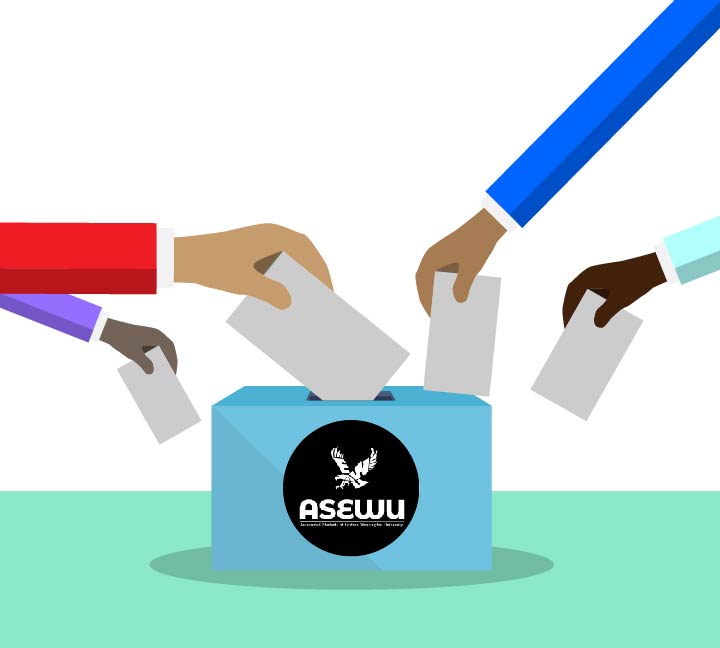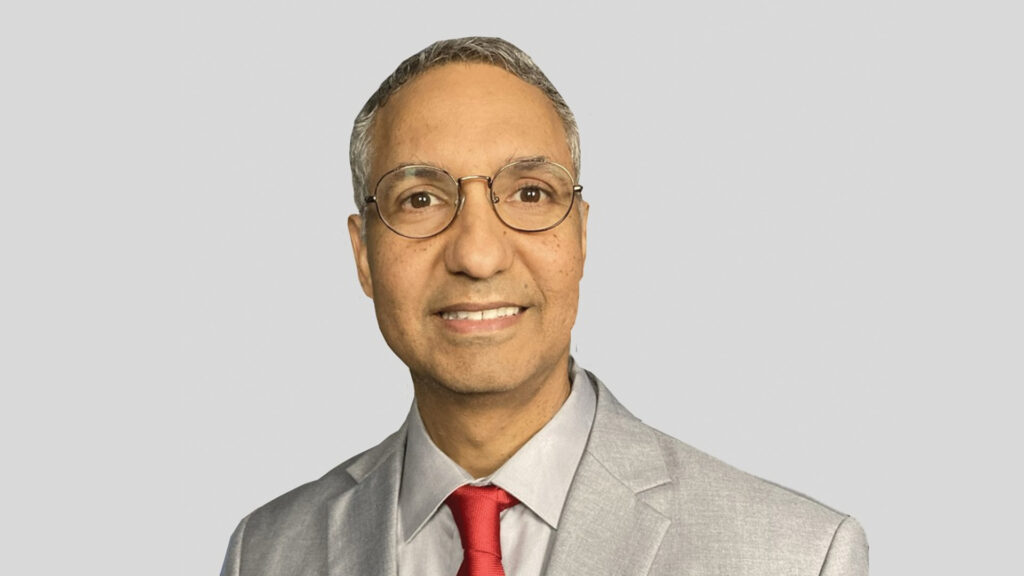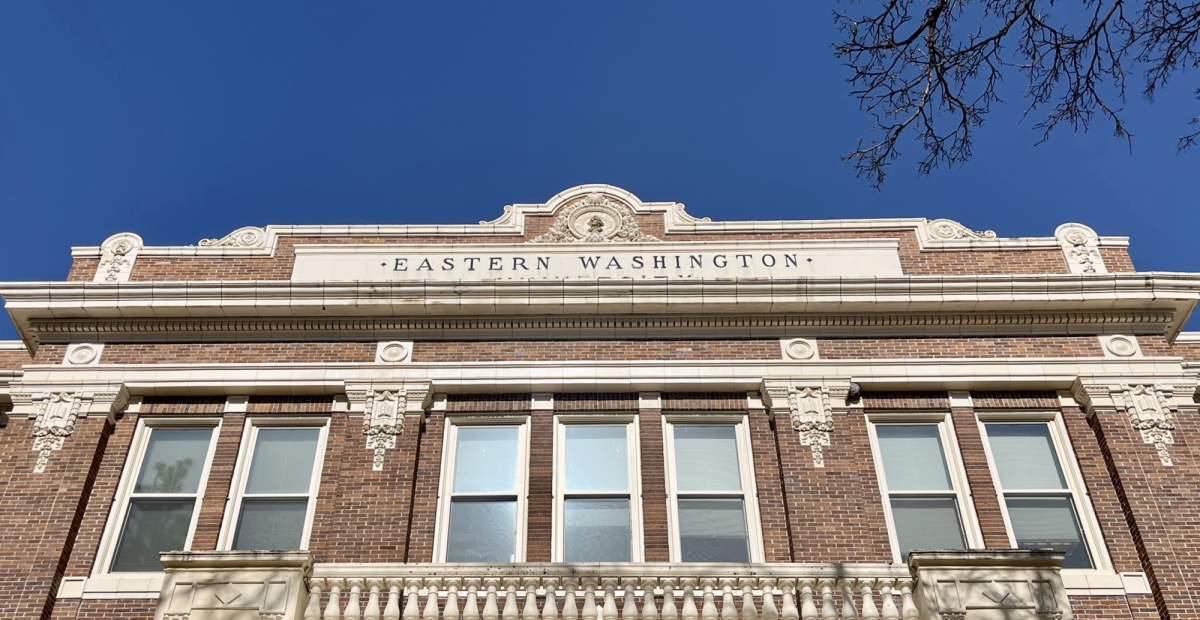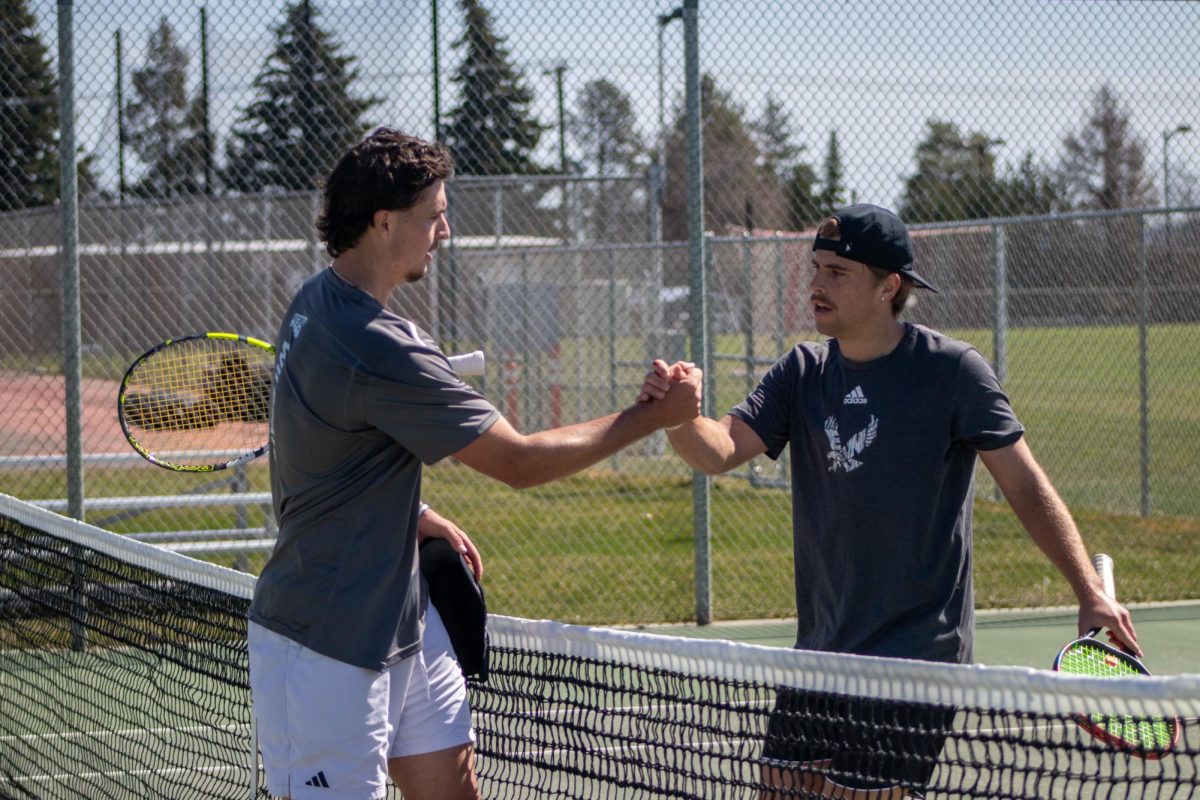ASEWU elections matter: vote
April 10, 2019
The ASEWU primary elections are this week (April 9-11). Candidates are hoping to make the final ballot for paid leadership roles on campus. The general elections will be later in the quarter. Historically, voter turnout has been low for ASEWU elections. Last year, improvement was seen in the general election numbers. This progress needs to continue.
ASEWU has aimed to increase voter turnout for years. For one, measures and amendments to the student constitution can’t be approved if voter turnout isn’t at least 10% of eligible voters. Last year, ASEWU had a special election for three measures. 10,566 students were eligible to vote, but only 304 students, or 2.88%, voted.
ASEWU not being able to make changes to the rules can negatively affect all students. One of the proposed changes was to allow clubs and organizations to hold raffles for fundraising purposes. Countless other changes, no matter how beneficial they may be to students, will automatically fail if not enough students vote.
Last year, this story did have a happy ending. While only 6% of students voted in the primaries, the 10% threshold was reached for the general elections when 1,030 students came out to vote, allowing changes to be made to the constitution for the first time in years.
“Getting the 10% is something we’ve been trying to do over and over again,” said then-ASEWU Director of Elections Justin McBride at the time. “Being able to reach it was a really big deal for us.”
Eagles, let’s keep up the momentum. There are three constitutional changes on the ballot this year. Whether or not they pass should depend on how much support they have, not on how many people take five minutes out of their day to actually fill out a ballot.
“It’s important for students to vote in ASEWU elections, and regular elections, because it’s the only way to have a say in who, and with what priorities things will be run,” said Madyson Rigg, ASEWU public relations specialist. “For example, you get to choose who will be heading important committees like Service and Activity Fee or PUB board.”
There are also several races with multiple people running. The top two vote getters for each position will advance to the general election. This doesn’t mean much for the candidates in the races with only two people running. But for the six races with three or more candidates, the primaries are a big deal.
While there is no 10% turnout requirement for these races, low turnout has negative effects here as well. Friends of each candidate will vote. If no one else does, the winner of each race will be determined by whoever has the most friends.
Is this how we want to choose who represents us in important issues? If not, the solution is simple: VOTE, and tell others to do the same.








